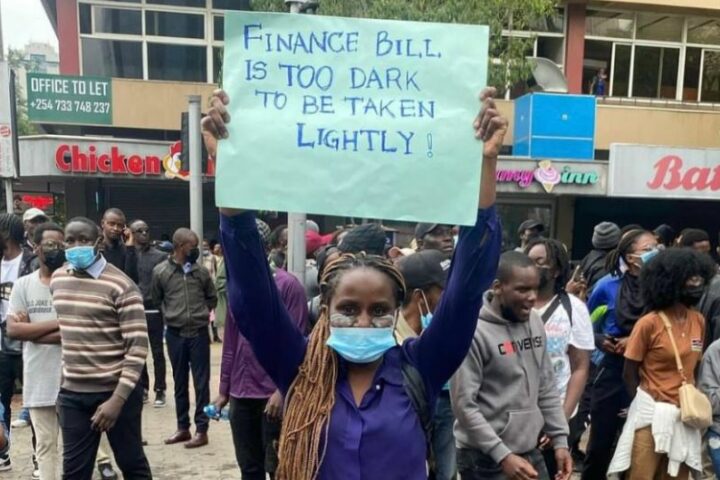
Haki na Sheria and the Katiba Institute informed the court that the government has not revealed any data-sharing agreements.
The petitioners urged High Court Judge Lawrence Mugambi to extend the orders blocking the issuance of third-generation IDs. They argue that the Maisha Namba project is still in its pilot phase and that the government has failed to provide a data protection plan.
Lawyers Yussuf Bashir and Makku Summayah contended, “The actions of the respondents are illegal and unlawful. The court should refuse to participate in this venture.”
Katiba Institute lawyers George Ogembo and Dudley Ochiel warned that the case could become irrelevant if the government continues issuing Maisha Namba.
However, Ministry of Interior lawyer George Ogembo urged the court to lift the orders, arguing that at least 1.2 million Kenyans who applied for the IDs are suffering. He added that the ministry shut down the second-generation ID system and database last year, and that the system for printing ID numbers was overhauled on November 14.
“There are no new issues that justify issuing conservatory orders,” Ogembo argued. He noted that High Court Judge John Chigiti had previously lifted similar orders after the government revealed that Kenyans were struggling to obtain the crucial document.
The ministry claimed that no new data is being collected. Ogembo explained, “Maisha is simply a digital upgrade of the second-generation ID, birth certificate, and a rebranding effort. There is no enrollment into a new database, unlike Huduma Namba.”
Ogembo also argued that citizens who have already received Maisha Namba would not lose their citizenship if the petitioners were to win. “When you weigh the situation, it becomes clear that lifting the orders is the more favorable course of action,” he added.
Last month, the High Court again halted the issuance of the new-generation identification cards.
Maisha Accessibility to Private Firms
Haki na Sheria argues that the Maisha ecosystem’s accessibility to private firms—not necessarily providing government services—compromises privacy. The organization also contends that the current 10-year expiration period for the citizenship document means that those who cannot afford or manage to renew it could be considered foreigners in their own country.
The new IDs will require a payment of Ksh1,000 for renewals and Ksh300 for first-time issuance. The petitioners argue that this is unfair, as the previous system issued the document for free and charged only Ksh100 for replacements.
The judge was informed that the new payment requirements might hinder some Kenyans’ ability to vote, access education, healthcare, and other essential services.
Haki na Sheria argued, “Forcing the entire population to pay these fees, especially given the existing concerns, is premature. Refunds would also be difficult to process without significant hardship if the Maisha Ecosystem is later found unconstitutional.”
The court is expected to issue a ruling on Monday.








